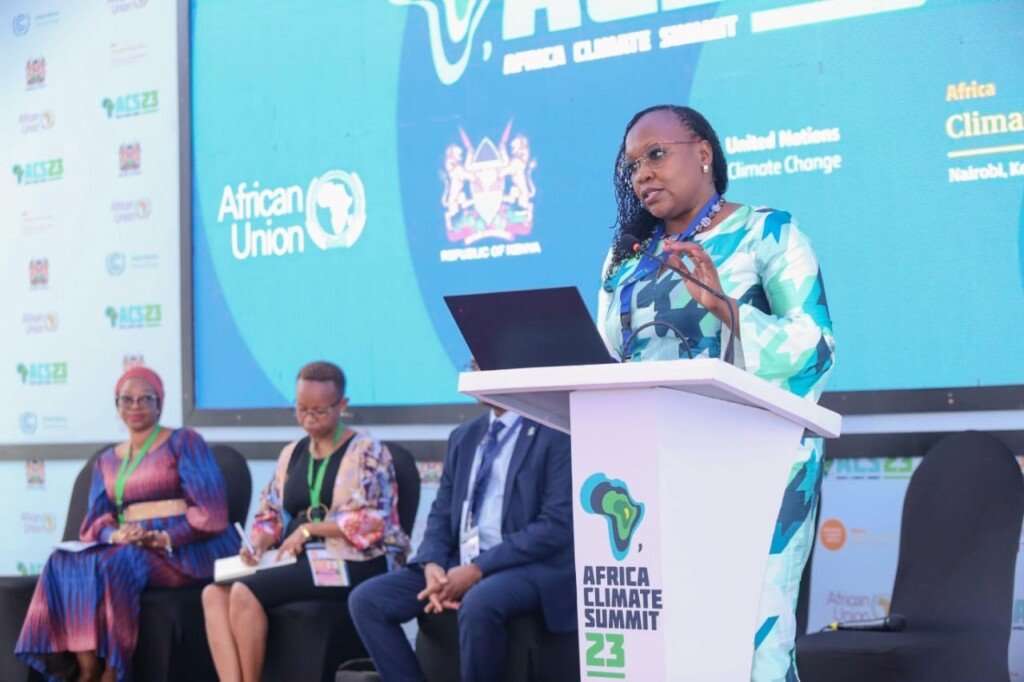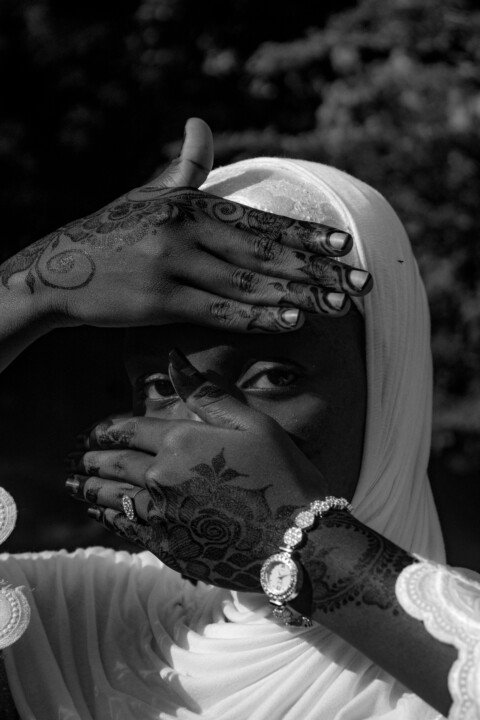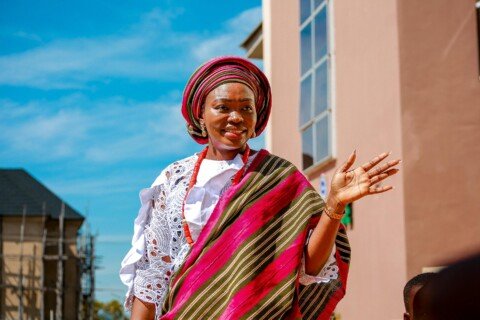I arrived in Cape Town late yesterday afternoon to attend the 6th Africa Public Sector Conference and Awards, convened under the theme Innovation in Africa’s Public Sector. It is a fitting gathering, one that celebrates how African institutions are redefining excellence, efficiency, and accountability in governance.
As I walked through the arrivals hall, I was greeted by bold, striking posters announcing South Africa’s forthcoming G20 Presidency. It was impossible not to pause and reflect.
I remembered my last time here during the 25th World Economic Forum on Africa, a Cape Town brimming with energy, ideas, and optimism. Since then, the city, much like our continent, has evolved in profound ways. The 27th WEF-Africa later moved to Durban, but it seems destiny has once again drawn the eyes of the world to South Africa, this time not for a regional forum, but for one of global consequence.
And so I asked myself: Why now? Why South Africa? And what now for Africa?
South Africa’s assumption of the G20 Presidency (December 2024 – November 2025) is not a mere rotation in the global calendar. It is a moment rich in symbolism and heavy with strategic weight. For the first time in history, the G20 Summit will be hosted on African soil, in Johannesburg.
The chosen theme — Solidarity, Equality, Sustainability — resonates deeply with the continent’s own aspirations, echoing the unfinished mission of the African Union’s Agenda 2063, the Sustainable Development Goals, and our shared pursuit of a just, inclusive, and sustainable future.
President Cyril Ramaphosa has already articulated an agenda anchored on global financial architecture reform, climate justice, innovation, and shared prosperity. Under his leadership, South Africa has convened a G20 Experts Taskforce on Inequality, chaired by Nobel Laureate Joseph Stiglitz, and a Mission-Oriented Growth Taskforce led by Professor Mariana Mazzucato — both charged with reframing how the global economy delivers fairness and opportunity.
These are not abstract ambitions. They are Africa’s voice, carried to the centre of global power.
For decades, African Heads of State and Government have spoken with moral clarity about the need to redesign global systems of finance and governance to reflect equity, transparency, and the realities of the Global South. At the COP summits, UN General Assemblies, and other high tables of diplomacy, the refrain has been consistent:
– That the architecture of global finance must be rebuilt to remove structural bias, to lower the cost of capital, to create fairer debt frameworks, and to democratize access to opportunity.
– Presidents such as Macky Sall, Paul Kagame, William Ruto, Félix Tshisekedi, and Nana Akufo-Addo have repeatedly emphasised that the G20 must evolve from a “club of the powerful” into a platform for partnership, one that serves not the interests of the few, but the progress of the many.
– South Africa’s stewardship offers an unparalleled opportunity to translate these aspirations into institutional outcomes.
This moment calls for strategic recalibration across Africa’s premier continental institutions.
The African Development Bank (AfDB), under the leadership of Dr. Sidi Ould Tah, inherits a mandate at the intersection of expectation and opportunity. With global consensus building around reform of multilateral development banks, the AfDB must position itself not as a peripheral player, but as the principal conduit of African development capital, an innovator in green finance, industrial transformation, and blended investment models that amplify Africa’s agency.
The African Union (AU), now a permanent participant in the G20, faces a new test of institutional agility. The AU and AUDA-NEPAD must evolve from being observers to becoming agenda setters, embedding continental priorities from food systems and digital sovereignty to human capital and public sector transformation into every G20 track.
The BRICS framework, with South Africa as a bridge between emerging and developed economies, must also be leveraged to align financial instruments, infrastructure pipelines, and policy coherence around a common African position. If the G20 is where the rules are discussed, BRICS is where alternatives are built. South Africa sits at the confluence of both.
South Africa’s story is one of overcoming structural inequality, rebuilding democratic institutions, and striving for inclusive growth, imperfectly, but persistently. This lends it a unique moral and political authority to lead global conversations on justice, representation, and reform.
Its G20 Presidency must therefore go beyond diplomacy. It should:
– Anchor the G20 agenda around Africa’s lived priorities debt sustainability, industrial transformation, affordable finance, and equitable climate action.
– Institutionalise inclusion bringing African think tanks, cities, civil society, and private innovators into G20 deliberations.
– Champion global financial reform — pushing for transparent credit rating systems, restructured debt frameworks, and fairer access to development finance.
– Create enduring platforms such as a G20-Africa Forum on Innovation and Public Sector Excellence, linking our continent’s reform journeys to the global stage.
To lead externally, South Africa must continue demonstrating reform and resilience at home — building credibility through the very governance innovations being celebrated here in Cape Town.
Africa must not be a passive observer of history. The South African Presidency of the G20 presents a once-in-a-generation opportunity for the continent to articulate a coherent global position to shift from advocacy to influence, from participation to authorship.
This requires coordinated engagement by governments, academia, civil society, and continental institutions to inject African priorities into the G20 agenda with clarity, precision, and resolve.
Here in Cape Town, as Kenya’s State Corporations are recognised for their contributions to public sector transformation, I am reminded that innovation is not only technological — it is institutional, philosophical, and moral. It is about how we govern, how we collaborate, and how we imagine the future.
South Africa’s G20 year will test whether Africa can speak not in many voices, but in one unified in vision, confident in purpose, and anchored in fairness.
If we seize this moment with discipline and imagination, Africa will no longer be the subject of global policy; it will be a co-author of global solutions.
From Cape Town to Cairo and beyond, from the 6th Africa Public Sector Conference to the 2025 G20 Summit the world is watching. Let Africa not just attend history. Let us shape it.



